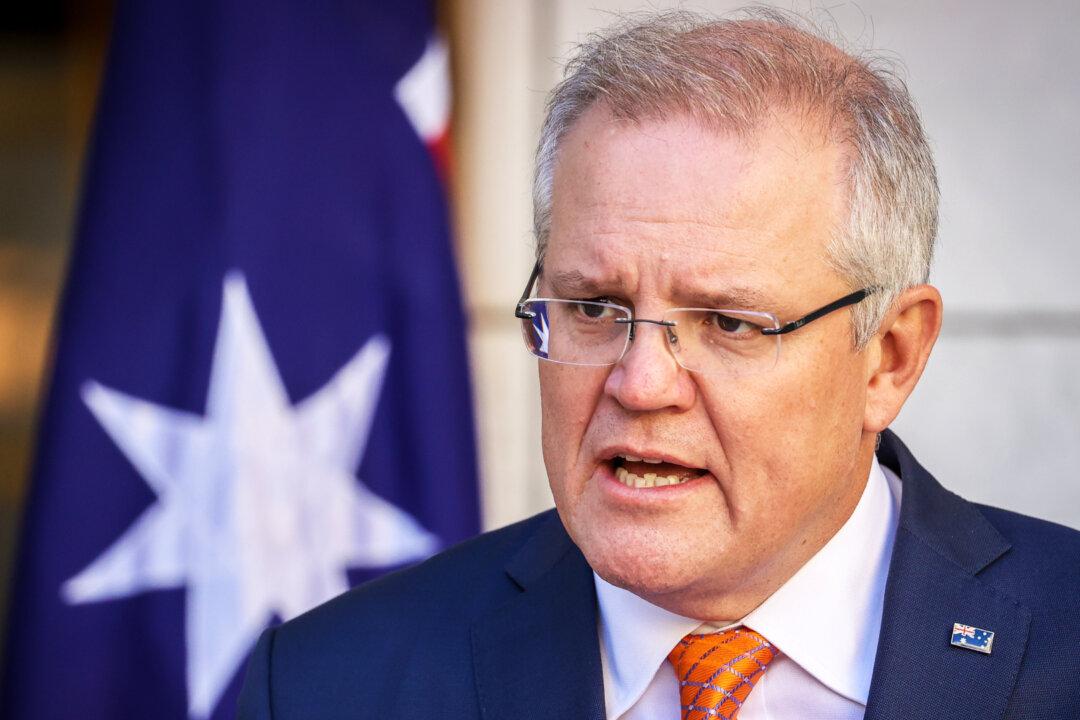As part of the federal governments CCP virus recovery plans, Prime Minister Scott Morrison has signed another two year deal with liquid natural gas (LNG) suppliers from the east coast of Australia to ensure that uncontracted gas is going first into the domestic market.
The agreement, announced by Morrison on Jan. 21, is part of the government’s CCP (Chinese Communist Party) virus economic recovery JobMaker package aimed at getting “the right balance between affordable gas for manufacturers and a price that encourages new gas resource development.”




